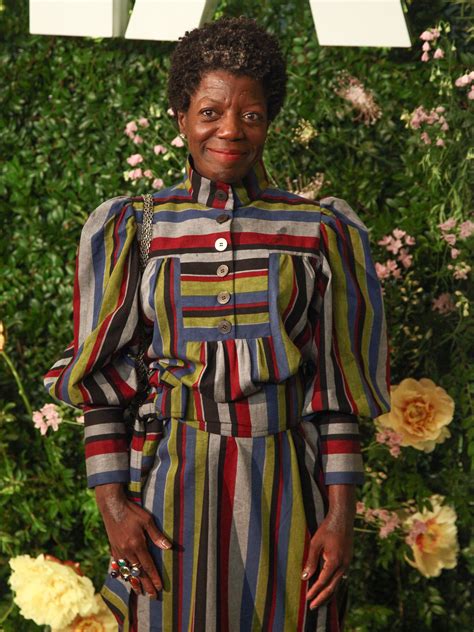A Quote by Chester Brown
The scientists at the end of the 19th century had people coming to them with this weird behaviour, and they didn't know what was going on but there seemed to be a similarity. They needed an answer, so they made up one.
Related Quotes
You had a flood of immigrants, millions of them, coming to this country. What brought them here? It was the hope for a better life for them and their children. And, in the main, they succeeded. It is hard to find any century in history, in which so large a number of people experience so great an improvement in the conditions of their life, in the opportunities open to them, as in the period of the 19th and early 20th century.
I was really interested in 20th century communalism and alternative communities, the boom of communes in the 60s and 70s. That led me back to the 19th century. I was shocked to find what I would describe as far more utopian ideas in the 19th century than in the 20th century. Not only were the ideas so extreme, but surprising people were adopting them.
People have asked me about the 19th century and how I knew so much about it. And the fact is I really grew up in the 19th century, because North Carolina in the 1950s, the early years of my childhood, was exactly synchronous with North Carolina in the 1850s. And I used every scrap of knowledge that I had.
The Toothbrush mustache was first introduced in Germany by Americans, who turned up with it at the end of the 19th century the way Americans would turn up with ducktails in the 1950s. It was a bit of modern efficiency, an answer to the ornate mustaches of Europe - pop effluvia that fell into the grip of a bad, bad man.
NATO was formed post-World War II. We're a little bit more than a half-century old. Do we want NATO to go on for another half-century? I think that the answer is, sitting here today: I don't know. If I had to bet on it, I would say, yeah, we have to have these alliances going forward and see who's going to pay for them.
In the beginning of the 19th century, maybe forty percent of women and fifty percent of men could produce a signature, which meant that they'd had at least three years of education because it was in third grade that people started penmanship in the 19th century. And of course black people could get killed if they got caught teaching themselves to read in some parts of the country.
The 19th century Mormons, including some of my ancestors, were not eager to practice plural marriage. They followed the example of Brigham Young, who expressed his profound negative feelings when he first had this principle revealed to him. The Mormons of the 19th century who practiced plural marriage, male and female, did so because they felt it was a duty put upon them by God.
In the 20th century, we had a century where at the beginning of the century, most of the world was agricultural and industry was very primitive. At the end of that century, we had men in orbit, we had been to the moon, we had people with cell phones and colour televisions and the Internet and amazing medical technology of all kinds.
Repression is good for cultural achievement. Let's face it. What are gay boys going to be like? I always like to say the 19th-century gay boy was Oscar Wilde, the 20th-century gay boy was Stonewall and ACT UP. And in the 21st century, we have blocking people on Grindr. That's what we've accomplished. Without some kind of traction.


































